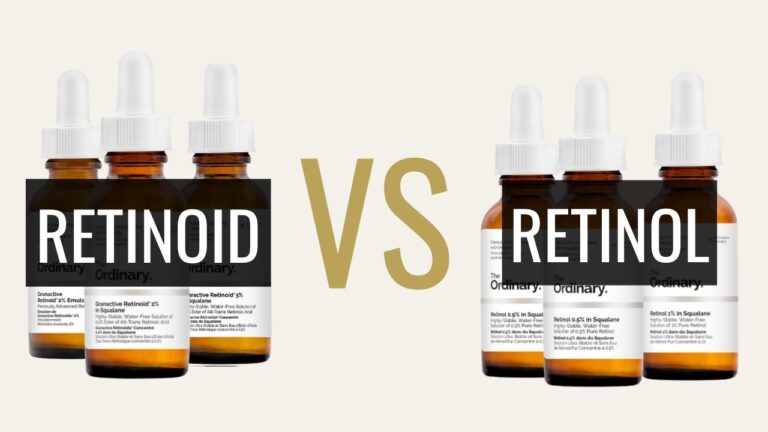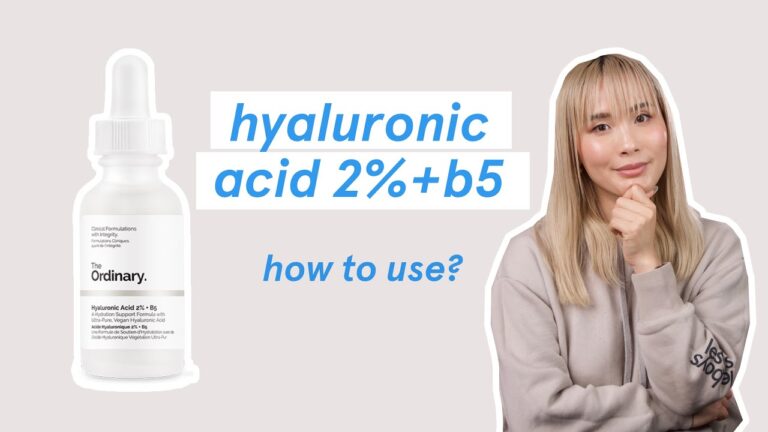The Ultimate Guide to Understanding Toning Skin and Its Benefits
When it comes to taking care of our skin, one of the most commonly discussed practices is toning. But what does toning actually mean? Is it an essential step in our skincare routine or just another unnecessary addition? In this article, we delve into the meaning of toning and its importance for achieving healthy, glowing skin.
What is Toning?
Toning is the second step in a basic skincare routine, following cleansing. Toning involves using a toner, which is a liquid skincare product that helps to remove any remaining impurities, dirt, or oil from the skin. Toning also helps to balance the pH level of the skin, which can be disrupted by some cleansers.
While toners used to contain a high amount of alcohol and were often quite harsh on the skin, modern toners are formulated to be gentle and nourishing. Toners can contain a range of different ingredients, including acids, antioxidants, and hydrating agents, depending on the specific needs of your skin.
The Benefits of Toning
There are a number of benefits to incorporating toning into your skincare routine.
- Unclogging Pores: Toners can help to remove any remaining impurities from the skin, such as dirt and oil, that may have been missed during cleansing. This helps to prevent clogged pores, which can lead to acne and breakouts.
- Restoring pH Balance: As mentioned, toning helps to balance the pH level of the skin. This is important because skin that is too alkaline or too acidic can be more prone to issues such as dryness, inflammation, and sensitivity.
- Prepping the Skin for Moisturizer: By removing any remaining impurities and balancing the skin’s pH level, toning actually helps to prepare the skin for moisturizer. This means that moisturizer can penetrate the skin more effectively, providing better hydration and nourishment.
- Absorbing Products Better: Toners can also help to remove any build-up of dead skin cells, which can prevent other skincare products from penetrating the skin effectively. By removing this build-up, toning can help to improve the absorption of serums, oils, and other treatments.
Choosing the Right Toner
When it comes to choosing a toner, it’s important to consider your specific skin type and concerns.
- Dry Skin: If you have dry skin, look for a toner that is hydrating and contains ingredients such as hyaluronic acid, glycerin, or aloe vera.
- Oily Skin: For oily skin, look for a toner that contains exfoliating acids, such as salicylic acid or glycolic acid, to help unclog pores and control oil production.
- Sensitive Skin: If you have sensitive skin, look for a gentle, fragrance-free toner that contains soothing ingredients such as chamomile or green tea extract.
Remember to always patch test a new skincare product before applying it to your face, especially if you have sensitive skin.
Conclusion
Toning is an important step in a basic skincare routine for achieving healthy, glowing skin. By helping to unclog pores, balance the skin’s pH level, and prepare the skin for other treatments, toning can provide a range of benefits for all skin types.
When choosing a toner, it’s important to consider your specific skin concerns and look for a product that is formulated to meet those needs. With the right toner in your skincare routine, you can achieve a brighter, more youthful complexion.
Most searched products:
Does Sephora Support Israel? Answering Your Questions
The Ultimate Guide to Azealic Acid: Benefits, Uses, and Side Effects
Discover the Benefits of The Ordinary Botox for Your Skin
How Long Does Glycolic Acid Take to Show Results: Your Ultimate Guide
The Ultimate Reviews of The Ordinary Peeling Solution
Say Goodbye to B.O with Glycolic Acid Deodorant: The Secret to Long-Lasting Freshness
Unlock the Power of Hyaluronic: Benefits, Uses, and Top Products
10 Amazing Face Care Sets That Will Transform Your Skincare Routine Today
The Ultimate Guide to Sulphate: What You Need to Know
Lipophilic: Understanding the Importance and Properties of Lipophilic Molecules













